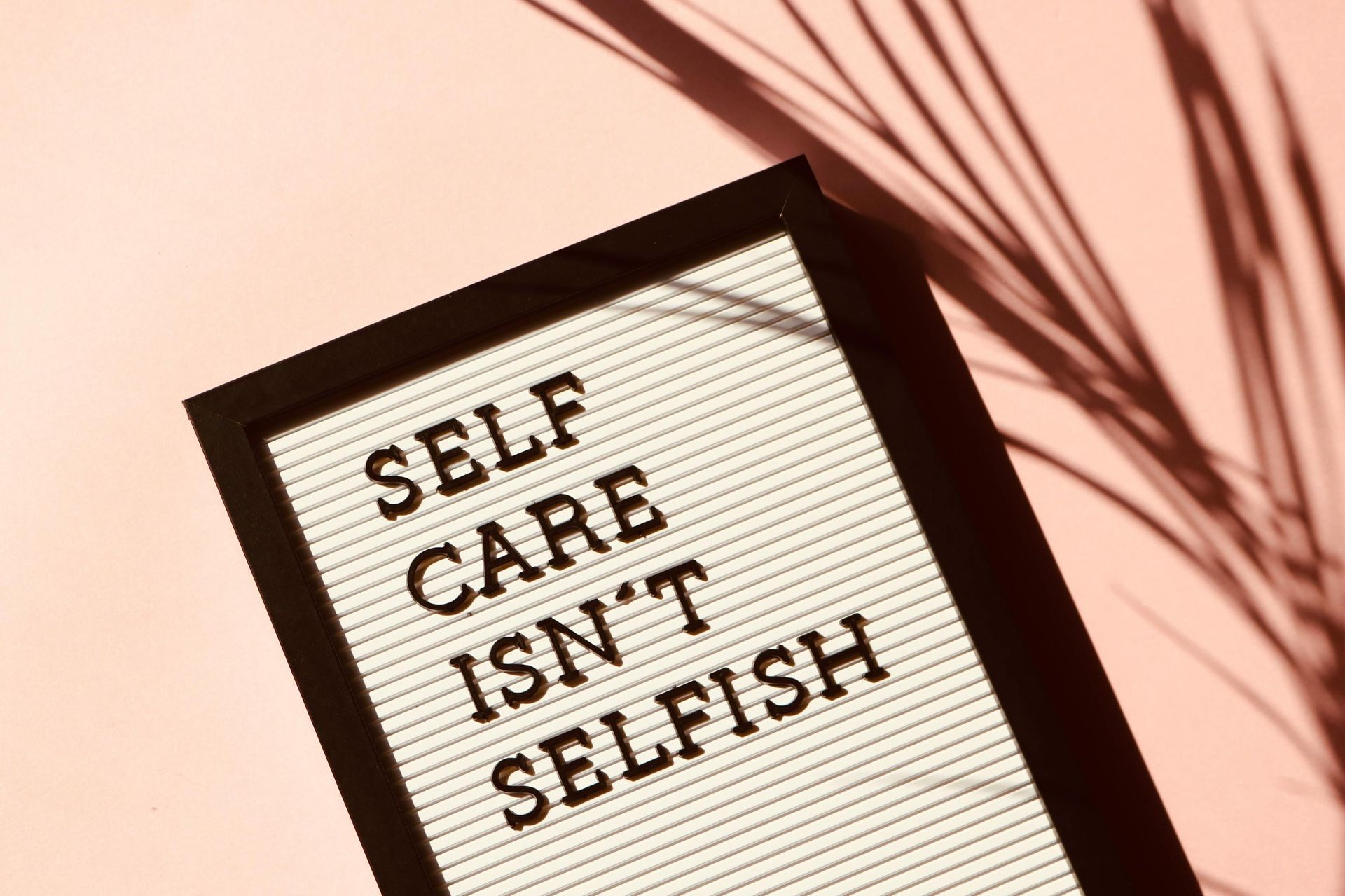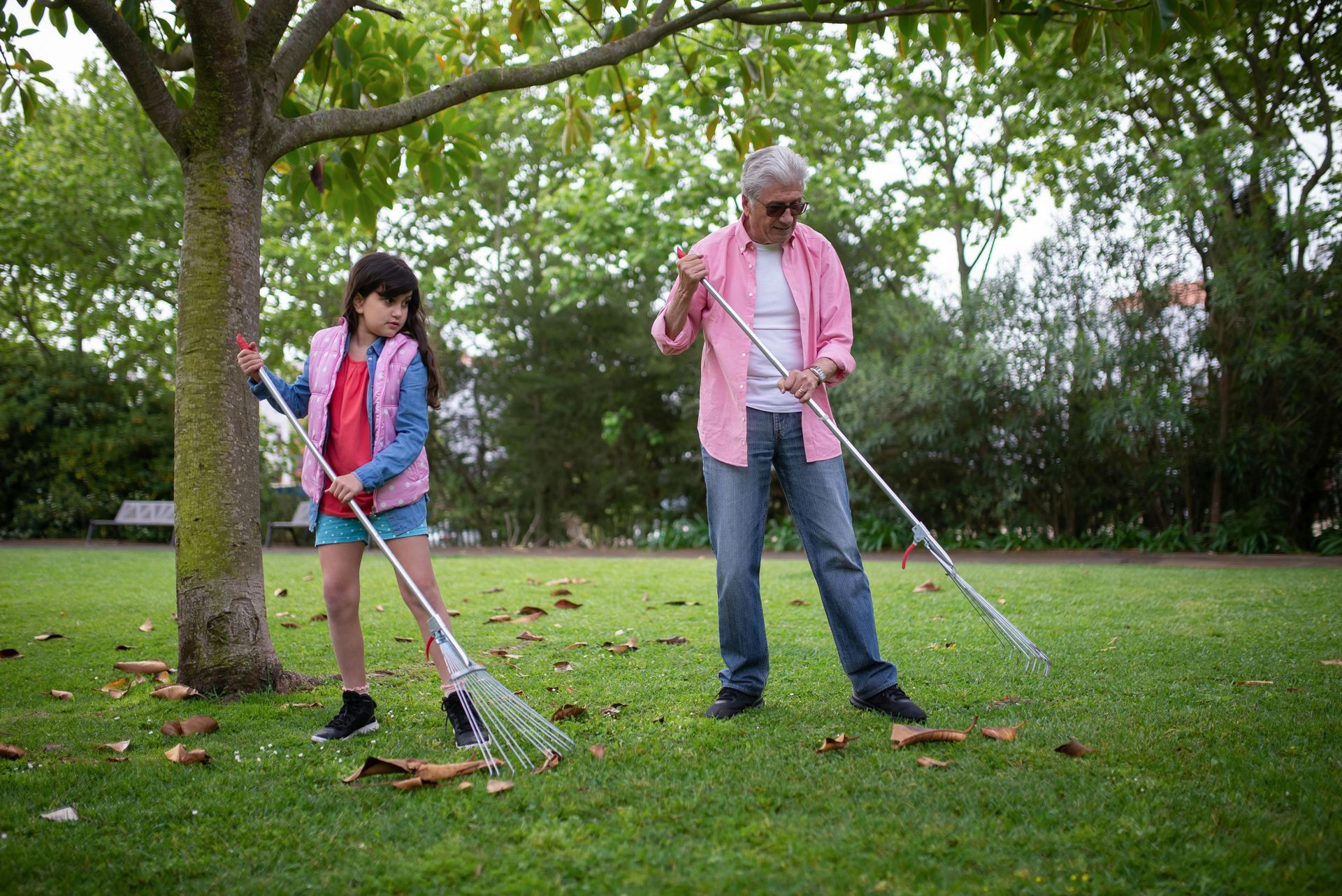Stress Relief Techniques: Effective Ways to Find Calm in a Busy World
Stress Relief Techniques
In today’s fast-paced world, stress has become an unavoidable part of life. Whether it’s work deadlines, personal issues, or just the pressures of daily tasks, stress can take a toll on both your physical and mental well-being. The good news is that there are many effective stress relief techniques that can help you manage and even reduce stress in your daily life.
In this blog post, we will explore a range of stress management strategies, from simple relaxation exercises to more in-depth techniques that can help you feel more centered and peaceful. Let’s dive in!
1. Practice Deep Breathing
One of the easiest and most effective ways to relieve stress is through deep breathing exercises. This technique activates the body’s relaxation response, helping to calm the nervous system and reduce feelings of anxiety or tension.
How to do it:
- Sit or lie down in a comfortable position.
- Close your eyes and focus on your breath.
- Inhale deeply through your nose for a count of four.
- Hold your breath for a count of four.
- Slowly exhale through your mouth for a count of six.
- Repeat this process for a few minutes, focusing on the rhythm of your breathing.
Deep breathing can help lower heart rate, reduce blood pressure, and promote a sense of calm in moments of stress.
2. Try Meditation and Mindfulness
Meditation and mindfulness are powerful tools for stress relief. These techniques help you tune into the present moment, reducing the impact of stressors and allowing you to manage emotions more effectively.
Mindfulness Meditation:
Mindfulness meditation involves paying attention to the present moment without judgment. This helps you detach from negative thoughts that can fuel stress.
How to do it:
- Find a quiet space where you can sit comfortably.
- Focus on your breath, noticing the sensation of air entering and leaving your body.
- If your mind starts to wander, gently bring your attention back to your breath.
- Start with 5-10 minutes a day, gradually increasing the time as you get more comfortable.
Guided Meditation:
Guided meditation involves listening to an audio or video recording that leads you through a relaxation process. This type of meditation is ideal for beginners who might find it difficult to meditate on their own.
3. Exercise Regularly
Physical activity is one of the most effective stress relievers. Exercise releases endorphins, which are chemicals in the brain that act as natural mood boosters. Whether it’s a brisk walk, yoga, or a vigorous workout at the gym, getting your body moving helps relieve stress and anxiety.
How exercise helps with stress relief:
- Boosts mood: Physical activity increases the production of endorphins, which can help improve your mood and decrease feelings of stress.
- Improves sleep: Regular exercise can lead to better quality sleep, which is crucial for managing stress.
- Reduces tension: Exercise helps to relax the muscles and release built-up tension in the body.
Aim for at least 30 minutes of moderate exercise most days of the week. Find a form of exercise that you enjoy, so it becomes a sustainable part of your routine.
4. Use Aromatherapy
Aromatherapy is a holistic approach that uses essential oils to promote relaxation and reduce stress. Scents such as lavender, chamomile, and eucalyptus have been shown to have calming effects on the body and mind.
How to use aromatherapy:
- Diffuse essential oils in your home or workspace using an essential oil diffuser.
- Add a few drops of your favorite essential oil to a bowl of hot water and inhale the steam.
- Use a roll-on essential oil blend and apply it to pulse points like your wrists and temples.
- Take a warm bath with a few drops of essential oil to unwind after a long day.
5. Prioritize Sleep
Lack of sleep can increase stress levels, making it even harder to cope with the challenges of daily life. Prioritizing good sleep hygiene is essential for managing stress effectively.
Sleep tips for stress relief:
- Stick to a routine: Go to bed and wake up at the same time every day, even on weekends.
- Create a relaxing bedtime ritual: Engage in calming activities before bed, such as reading, listening to soothing music, or practicing gentle stretches.
- Limit screen time: Avoid using electronic devices (like phones and computers) at least an hour before bed, as blue light can interfere with your sleep cycle.
6. Connect with Nature
Spending time in nature can have a profound impact on your stress levels. Whether it’s a walk through the park, a hike in the woods, or simply sitting outside and enjoying the fresh air, nature has a natural calming effect.
How nature helps reduce stress:
- Promotes relaxation: The sights, sounds, and smells of nature help activate the body’s relaxation response.
- Improves mood: Studies show that spending time in nature can boost mood and decrease feelings of anxiety and depression.
- Encourages mindfulness: Being outdoors provides the perfect environment to practice mindfulness and stay in the present moment.
7. Limit Caffeine and Alcohol
Both caffeine and alcohol can increase stress levels, particularly if consumed in large amounts. Caffeine is a stimulant that can heighten feelings of anxiety, while alcohol may disrupt sleep and leave you feeling more stressed the following day.
If you find that caffeine or alcohol is contributing to your stress, consider reducing your intake or eliminating it from your daily routine. Opt for herbal teas or other calming beverages to help keep your stress in check.
8. Laugh and Have Fun
Laughter truly is the best medicine. Engaging in activities that make you laugh—such as watching a funny movie, playing games, or spending time with friends—can significantly reduce stress.
How laughter helps relieve stress:
- Relaxes muscles: Laughter releases tension in the muscles, promoting relaxation.
- Improves mood: Laughing boosts the production of endorphins, which can improve your mood and reduce stress.
- Strengthens social bonds: Spending time with loved ones and sharing laughter can help you feel more connected, reducing stress.
9. Practice Time Management
Poor time management is one of the leading causes of stress. Learning to manage your time effectively can help you reduce the feeling of being overwhelmed and allow you to take control of your tasks.
Time management tips:
- Prioritize tasks: Make a list of tasks, starting with the most important ones.
- Set realistic goals: Break large tasks into smaller, manageable steps.
- Take breaks: Avoid working for extended periods without rest. Short breaks help you stay focused and reduce stress.
10. Seek Professional Help
If you find that stress is overwhelming and none of the techniques mentioned above seem to help, it might be time to talk to a mental health professional. Therapists, counselors, and coaches can provide you with personalized strategies and support to manage stress effectively.
Therapeutic Approaches:
- Cognitive Behavioral Therapy (CBT): A common therapy for stress, CBT helps you identify and change negative thought patterns that contribute to stress.
- Talk therapy: Simply having someone to talk to can be an excellent way to manage stress and gain perspective on your challenges.
Conclusion
Stress is a part of life, but it doesn't have to control your well-being. By incorporating some of these stress relief techniques into your routine, you can take proactive steps toward managing stress and achieving a sense of calm in your daily life. Remember, it's important to find what works best for you and make time for self-care.
If you’re feeling stressed, start by trying a few of these techniques today. Whether it's breathing exercises, meditation, or spending time outdoors, the key is to take small, consistent steps to reduce stress and maintain a healthy balance in your life.
Stay calm, stay mindful, and remember—you have the power to manage stress!








